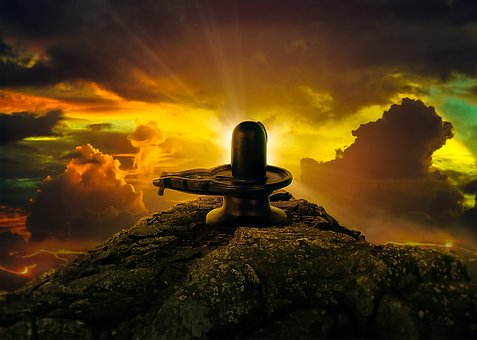@lamoviola
An atmosphere of oppression and suffocation dominates the narrative of the great freedom (Sebastian Meise, Austria, Germany, 2021). On the one hand, Cristal Fournier’s photography in a gray tone that prevails in the environment, with closed shots that are disturbing at times, manage to convey to the viewer the environment lived by the characters, few of them, which also gives a feeling of loneliness.
On the other hand, there is a hard story, with almost no sentimental concessions to give way to a political and social metaphor told with ease and simplicity without avoiding a certain complexity and paradox in which the main characters find themselves.
The film was selected to compete in the Un Certain Regard 2021 Section and actually won the Jury Prize. It was also preselected by Austria to compete in the most recent Oscar delivery. Perhaps he lacked political correctness to advance in this race.
In 1968, Hans a homosexual man (Franz Rogowski, accurate and discreet in his role, as the character demands), is arrested and imprisoned in Germany for lack of morality since such a condition is considered a crime. In his confinement, he remembers all the times he has been arrested and sentenced. The first in 1945, the second in 1957 and the current one, which is where the story starts.
The sentences imposed on him, in addition to an environment of prejudice and discrimination, are very harsh since he is also singled out and treated as an outcast by the prison system. We don’t really know what he does or who he is, the viewer’s eyes only see him in prison. Hans, remember their different relationships in the midst of monotony and injustice. Some of them, decisive in his sentimental history and other temporary matters that lead him to prison.
From the first condemned knows Victor (Georg Friedich), a convicted murderer who is homophobic and to top it all off, he shares a cell with him. Throughout his income to jail, Hans is reunited with Victoraddicted to heroin and a complex character of layers and nuances, who in fact is the central axis of the story, although this is not evident in a partial reading.
In one scene, the two men in 1969 discuss the arrival on the Moon, which they have been allowed to watch on television and comment that the event seemed to be more exciting than what they witnessed.
The film is a metaphor for the exercise of freedom and the condition of being in an oppressive environment. It is even a look at the spirituality and rebellious condition of the characters in a world of political and social repression. At this point, Meise’s approach is clear and even accessible and skilful. Hansis a common thread and Victor, the paradox with which the director may have a certain stumble. Addicted to heroin, locked up for several decades, his condition does not elude a certain morality of the filmmaker.
In any case, the great freedomis worth for its manufacture and more than being an obvious genre film, which is simplistic, it is a political melodrama.
Look on the billboard, it’s the best of this week.
the moviola | The great freedom. The suffocation of political melodrama

